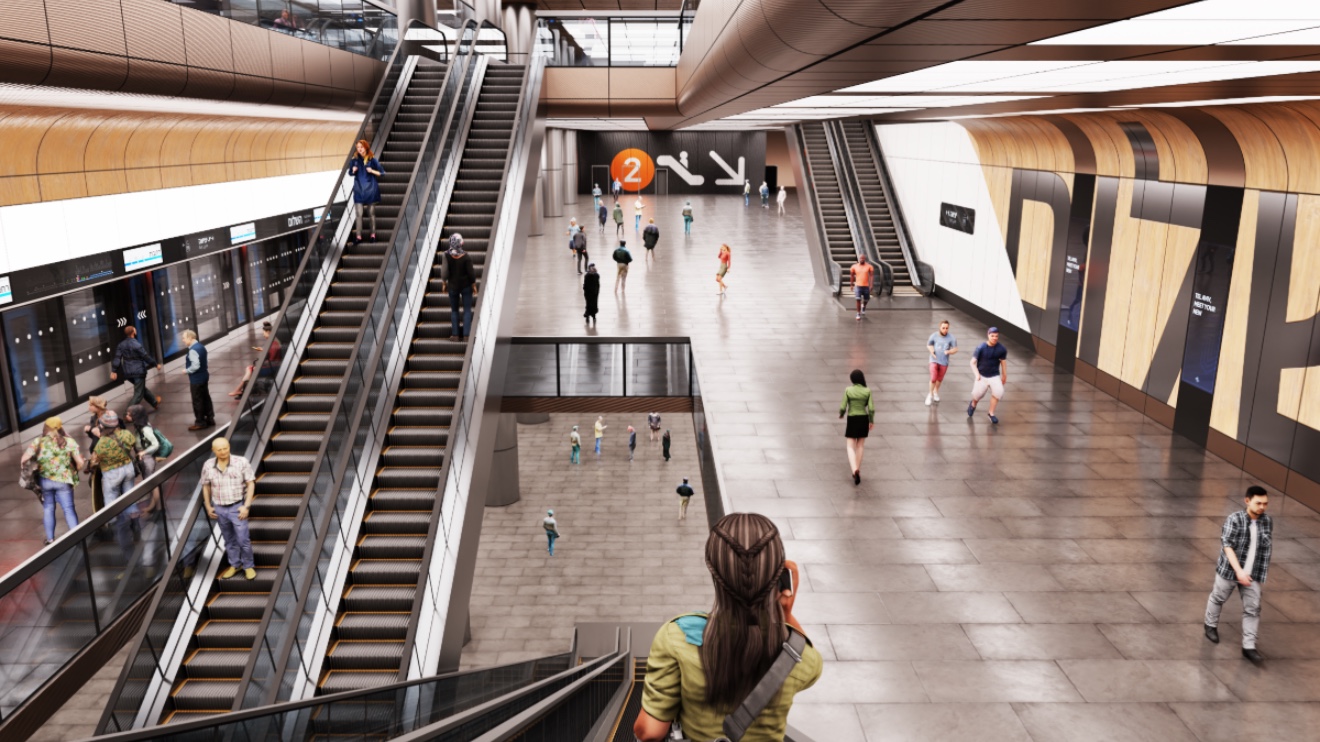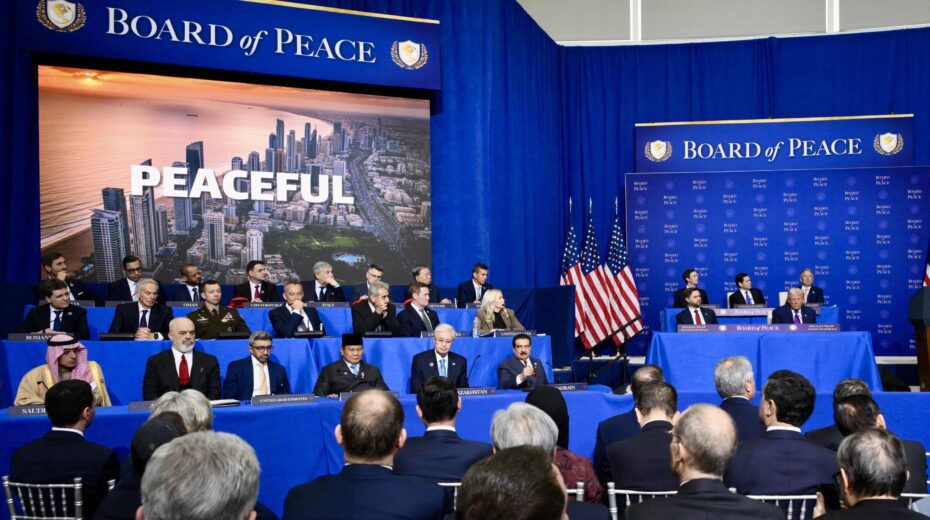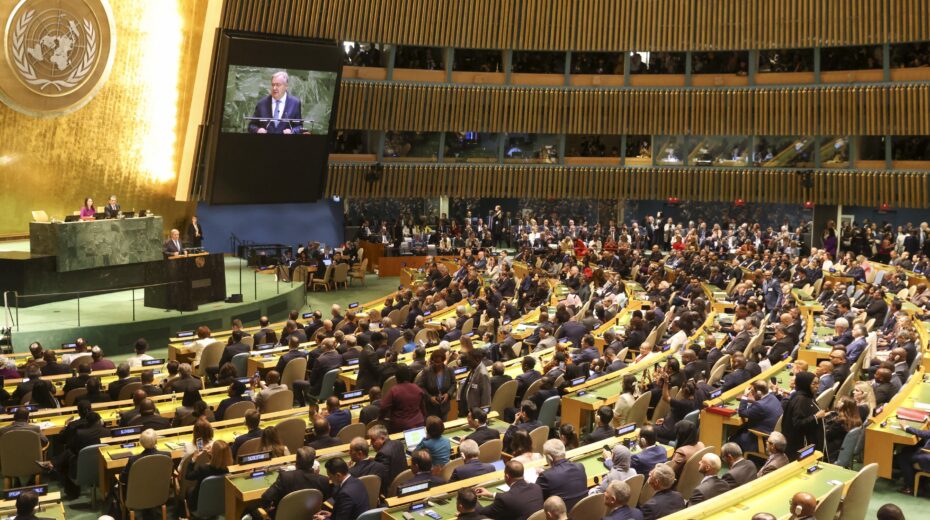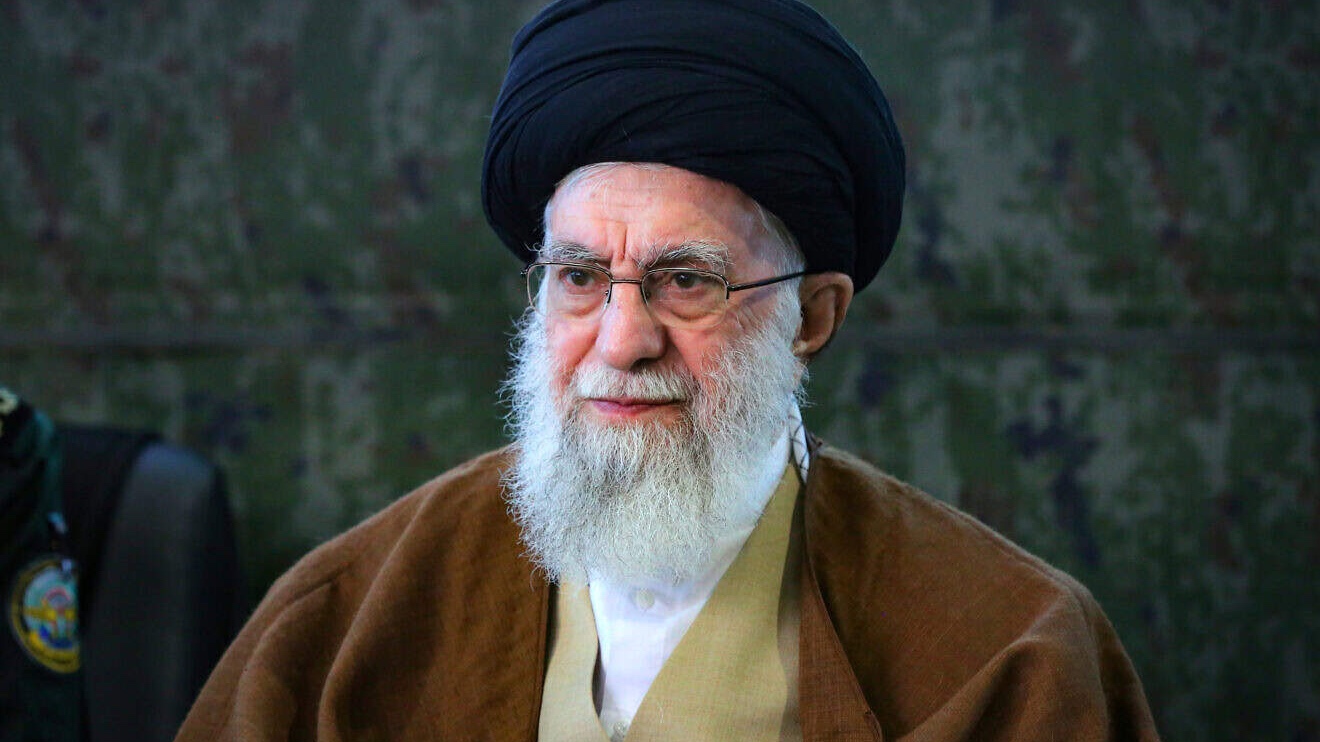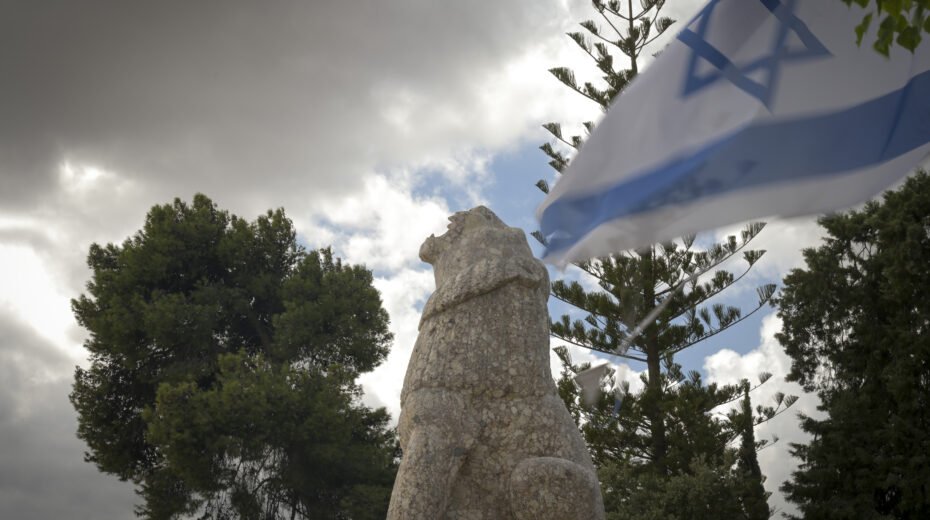(JNW) The Tel Aviv subway project took a major step forward this week with the start of the pre-qualification phase for companies bidding to build Israel’s largest-ever infrastructure project.
NTA Metropolitan Mass Transit System—the government agency overseeing the $41 billion (150 billion shekel) project—and the Israeli Transportation Ministry announced Sunday the opening of the first stage for Israeli and international firms to compete for construction tenders.
The initial stage, estimated at about $20 billion, includes construction of 48 miles of twin tunnels and 59 underground stations. The project consists of three metro lines—M1, M2 and M3—spanning roughly 90 to 93 miles and more than 100 stations, connecting Israel’s Mediterranean cultural and economic hub to nearby urban centers to the north, south and east.
“It is one of the largest and most complex projects undertaken in Israel since its founding,” said NTA CEO Itamar Ben Meir. “The project will require around 20 tunnel boring machines that will remove about 40 million cubic meters of soil, and more than 16,000 skilled workers—many from abroad—will take part.”
Israeli Transportation Minister Miri Regev on Monday called the first-phase launch “tremendous news for the Tel Aviv metropolitan area and all of Israel.”
“We will reduce congestion through connectivity, accessibility and smart transportation that brings people closer to opportunities,” she said.
NTA plans to publish 11 large-scale international tenders for the construction of additional project sections. The agency said the process is expected to bring advanced technologies, international expertise and world-class engineering capabilities to Israel.
In preparation for the tender stage, an Israeli delegation led by Ben Meir returned from a visit to South Korea after meeting with executives from major firms, including Hyundai and Samsung. The talks aimed to introduce the Israeli metro project and attract Korean interest in participating in the multibillion-shekel initiative.

The Israeli delegation discusses the Tel Aviv Metro with representatives of major Korean firms in Seoul. Credit: NTA Metropolitan Mass Transit System.
Among those expressing interest was the global president of Hyundai, who met personally with the delegation. NTA officials anticipate strong global participation in the project, as well as significant involvement from Israeli infrastructure and construction companies.
“The scale of the work is immense,” the agency said. “Tens of thousands of workers and dozens of tunnel boring machines will be employed. The metro will redefine the future of transportation in Israel.”
The project’s completion date is projected between 2037 and 2040.
The roughly 53-mile north-south M1 line will include 62 stations, carrying a million daily passengers to Ra’anana, Herzliya, Holon, Rishon LeZion and many other destinations.
The nearly 16-mile M2 line linking eastern regions to Tel Aviv will feature 22 stations and carry 540,000 daily passengers to Givatayim, Ramat Gan, Bnei Brak and Petah Tikva. It will also feature a stop at Wolfson Hospital in Holon.
The M3 line will run 24 miles, connecting employment centers along the Tel Aviv area’s inner ring border, from Herzliya to Bat Yam, with a branch line to Ben Gurion Airport. The transfer will be made at the Bikat Ono station in Or Yehuda. M3 will carry 480,000 daily passengers to 25 stations.
The subway system will connect to the Tel Aviv light rail network, of which the Red Line has been operational since 2023. Work continues on the Green and Purple lines, with an estimated opening date of 2028. Construction is also continuing on a Bus Rapid Transit system that will connect Tel Aviv, Rishon LeZion, Nes Ziona and Rehovot.
Want more news from Israel?
Click Here to sign up for our FREE daily email updates

